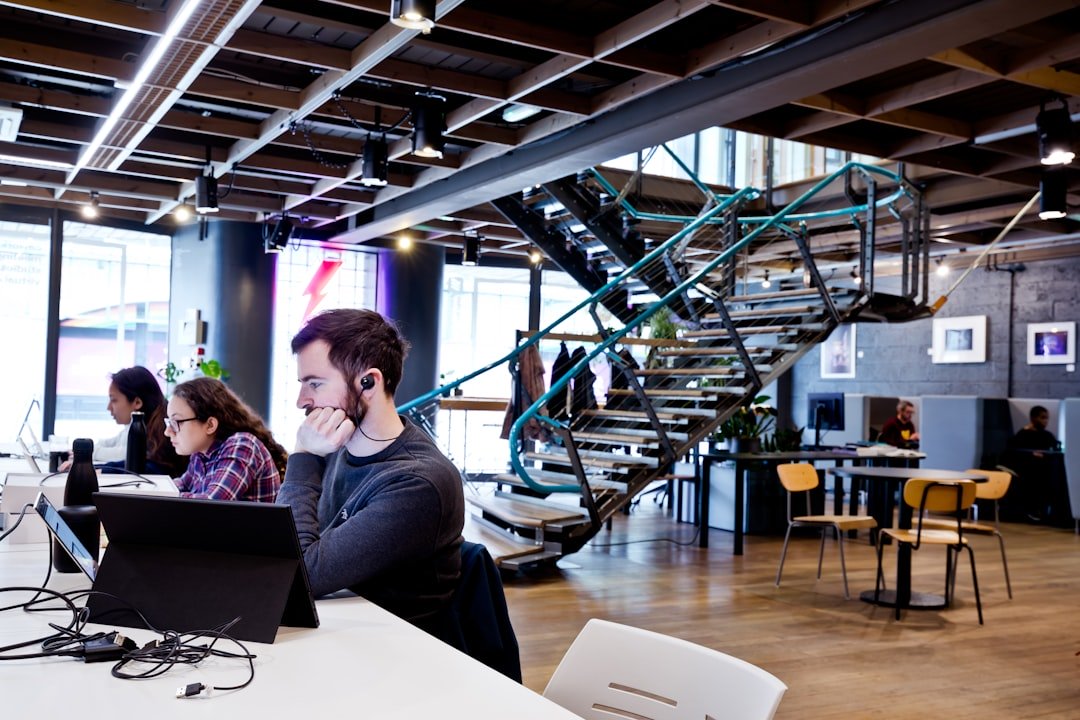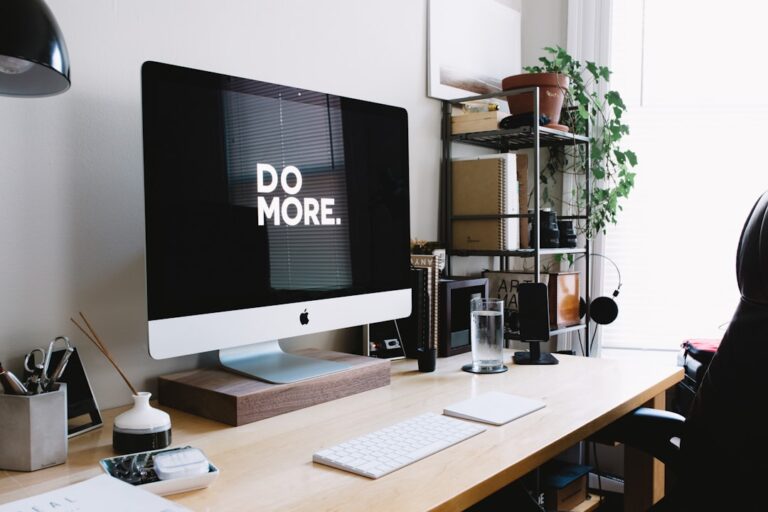
Ever feel like you’re trying to herd cats when you’re working with others, or maybe you just can’t seem to get everyone on the same page? We all know that feeling. Collaboration sounds great in theory, but in practice, it can sometimes feel like an uphill battle. You might struggle to get your point across or find that projects stall because of miscommunication.
I get it. I’ve faced similar challenges in different parts of my life. Whether it was coordinating efforts with friends or working through group projects, I learned that good intentions aren't enough. We need a clear strategy to make teamwork truly effective. Collaboration isn't just about getting things done; it's about building stronger relationships, learning from each other, and achieving something bigger than what we could do alone.
Today, I want to share 12 strategies that have helped me and can help you make collaboration a smooth, productive, and even enjoyable experience. Think of these as a friendly guide to navigating the ups and downs of working with others.
1. Define Clear Goals
Start with the "why." Before anyone does anything, make sure everyone understands the main objective. What exactly are you trying to achieve together? When goals are fuzzy, effort gets wasted. Get specific. Write it down if you need to. Clarity sets the stage for success.
2. Assign Clear Roles
Who does what? This question might seem basic, but skipping it causes so much confusion. Define individual responsibilities. Knowing your role and what others are responsible for prevents overlap and ensures every task has an owner. No one wants to duplicate efforts or, worse, have a critical task fall through the cracks.
3. Communicate Openly and Honestly
This is huge. Speak your mind respectfully. Don't assume others know what you are thinking or feeling. Share updates, concerns, and ideas freely. Open communication builds trust and helps address issues before they become big problems. I often remind myself, "If it’s important, say it."
4. Listen Actively
Communication is a two-way street. It's not just about talking; it's about truly hearing what others say. Pay attention. Ask clarifying questions. Don't just wait for your turn to speak. When you listen actively, you show respect, and you understand better, which leads to better solutions.
5. Build Trust
Trust is the glue that holds any successful collaboration together. It takes time to build, but it's worth every effort. Be reliable. Follow through on your commitments. Show respect for your teammates and their contributions. When you trust each other, you can be more vulnerable, share more freely, and truly work as one.
6. Embrace Different Perspectives
We all see the world a little differently. That's a strength, not a weakness. Encourage varied viewpoints. Sometimes the best solutions come from combining ideas that seem completely opposite at first. Don't shut down an idea just because it's not yours. Consider it.
7. Give and Receive Feedback Graciously
Feedback helps us grow. When giving feedback, focus on the behavior, not the person. Be kind but direct. When receiving feedback, try not to get defensive. Listen, ask questions, and be open to learning. It’s all about improving together.
8. Resolve Conflicts Constructively
Disagreements happen. It’s natural. The key is how you handle them. Address conflicts directly and calmly. Focus on finding a solution that works for everyone, not on winning an argument. Keep the team's goal in mind. Sometimes, just talking it out with an open heart makes all the difference.
9. Celebrate Small Wins Together
Remember when I shared my journey of losing over 110 pounds? It wasn't one big, immediate transformation. It was a series of small, consistent wins—healthy meals, daily walks, sticking to my routine. Each small victory built momentum. The same goes for collaboration. Acknowledge and celebrate progress, no matter how small. It keeps morale high and reminds everyone that their efforts matter.
10. Be Accountable
Do what you say you will do. This might seem obvious, but it’s crucial. If you commit to a task, see it through. If you can’t, communicate it early. When I worked to overcome habits like gaming addiction and unhealthy eating, accountability was a huge part of my process. I learned to be transparent with myself and sometimes with a trusted friend. That same commitment and honesty apply directly to how you show up for your team.
11. Practice Empathy
Try to put yourself in someone else's shoes. Understand their challenges, their workload, and their perspective. A little empathy goes a long way in fostering a supportive and understanding environment. It helps you respond with compassion instead of frustration.
12. Focus on the "We," Not Just "Me"
Ultimately, effective collaboration means putting the collective goal first. It's not about individual glory; it's about shared success. When everyone focuses on what's best for the team, amazing things happen. This mindset shift is powerful, and it transforms a group of individuals into a unified force. In my journey to strengthen my Christian Orthodox faith, I found true purpose in serving God and others, understanding that our collective spiritual growth often surpasses what we can achieve alone.
What's Your Next Step?
Collaboration is a journey, not a destination. It takes practice, patience, and a willingness to learn. But the rewards—stronger relationships, bigger achievements, and a more fulfilling experience—are truly worth it.
Which of these strategies resonates with you most today? Pick one and try to apply it in your next collaborative effort, big or small. You might be surprised at the positive changes it brings.





